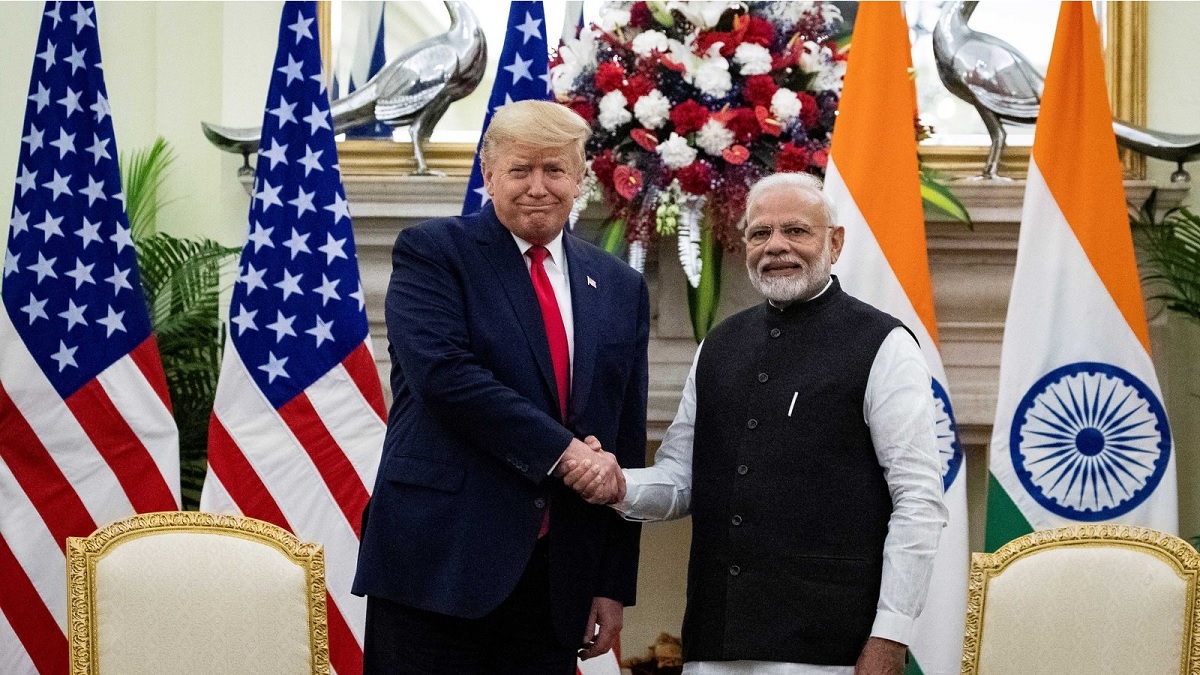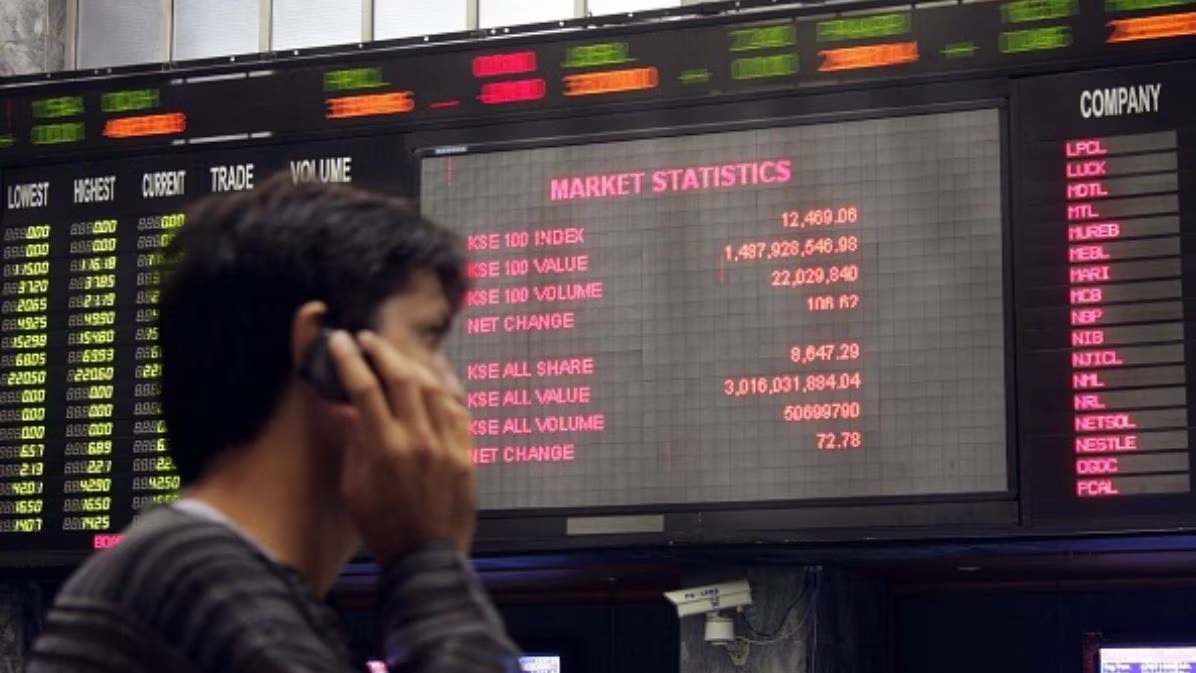Let’s talk about something serious—allegations, politics, religion, and a call for transparency that’s making waves across the Indian-American community here in the U.S. The Fremont Gurdwara Sahib, a key Sikh institution in California, is asking the U.S. Department of Justice to dig into whether the Hindu American Foundation (HAF) is acting as a foreign agent for India’s Prime Minister Narendra Modi.
A Gurdwara Takes a Stand: What’s the Big Deal?
Now, we’re not just talking about any local temple. Fremont Gurdwara Sahib serves around 5,000 worshippers every week. It’s one of the largest Sikh religious centers in North America and has long been a central voice in the global Sikh community. So when it speaks, people tend to listen.
In a move that’s raising eyebrows and stirring debate, the Gurdwara sent a formal request to U.S. Attorney General Pam Bondi. Their ask? Investigate whether the Hindu American Foundation should be required to register under the Foreign Agents Registration Act (FARA). That’s a serious step—it’s the kind of thing usually reserved for lobbying groups with direct ties to foreign governments.
The Allegations: What’s Being Said About HAF
According to a report in The Guardian, the Fremont Gurdwara alleges that HAF has done more than just advocate for Hindu Americans. They claim the group has facilitated meetings between Indian government officials and U.S. lawmakers, hosted foreign dignitaries at public events, and even openly supported India’s ruling party, the Bharatiya Janata Party (BJP), on both domestic and international matters.
The Gurdwara wants to shine a light on those ties. They believe the public deserves to know if an American nonprofit is acting on behalf of a foreign political power.
Must Read: Indian Behind Fake ‘Balochistan Army’ X Account Spreading Anti-Pakistan Propaganda
HAF Responds: Deny, Denounce, and Deflect
In response, HAF isn’t backing down. The group strongly denied the accusations, insisting that it’s a nonpartisan, nonpolitical charitable organization. They say they have zero ties to the Indian government or any political party.
HAF is flipping the narrative, pointing the finger at supporters of the Khalistan movement—a separatist effort pushing for an independent Sikh state. They’re calling it a “coordinated campaign” meant to damage their reputation and hinder their work in the U.S.
“We’re absolutely open to talking,” said HAF in a statement, mentioning their willingness to meet with Attorney General Bondi, FBI Director Kash Patel, and Director of National Intelligence Tulsi Gabbard. They claim the accusations are not only false but harmful.
Khalistan Movement: The Backdrop You Need to Know
Let’s pause for a moment and zoom out. What is this Khalistan movement that keeps popping up in the conversation?
At its core, the Khalistan movement is about Sikh independence. The idea dates all the way back to the partition of India and Pakistan in 1947. Some Sikh leaders have long believed that the Sikh-majority region of Punjab should be carved out into its own nation—Khalistan, meaning “Land of the Pure.”
The demand has ebbed and flowed over the decades, but it peaked in the 1980s when a violent insurgency rocked Punjab. Tens of thousands died. The region still lives with the consequences of that conflict. Let’s not forget the 1985 bombing of an Air India flight, widely believed to be carried out by Sikh militants. It was the deadliest aviation terror attack before 9/11, killing 329 people.
Current Climate: Tensions Reignite
Fast forward to today, and tensions are flaring again. In 2023, Hardeep Singh Nijjar—a Canadian Sikh activist and pro-Khalistan advocate—was assassinated. The Canadian government accused Indian agents of being involved, leading to a diplomatic standoff.
That accusation lit a fire under similar concerns worldwide, including in the U.S. In fact, American prosecutors recently alleged that Indian agents were behind a failed plot to assassinate another Sikh activist on U.S. soil.
This broader geopolitical tension provides the context for Fremont Gurdwara’s call for transparency. They believe it’s part of a larger pattern of interference and suppression of Sikh voices abroad.
Investigative Spotlight: What Could Happen Next
So what’s next? If the Department of Justice takes up the investigation and finds that HAF is acting on behalf of a foreign government, the organization would be legally required to register under FARA. That would mean full disclosure of financial ties, lobbying efforts, and any coordination with foreign officials.
For HAF, this could mean a serious reputational hit—and potentially legal consequences. For the Sikh community, particularly those aligned with the Khalistan movement, it could be a significant step in validating concerns they say have been ignored or dismissed for too long.
Indian Embassy Stays Silent
In the midst of all this noise, one voice has remained conspicuously silent: the Indian Embassy in Washington. They have not issued any public response to the allegations, despite multiple requests for comment. Their silence, intentional or not, adds fuel to an already heated fire.
The Bigger Picture: American Nonprofits and Foreign Politics
This case, at its heart, is about more than just one group versus another. It raises deep questions about how nonprofits operate in the U.S., who they really represent, and how transparent they must be about foreign affiliations.
It also highlights the ongoing friction between diaspora communities with differing allegiances, values, and goals. While the Hindu American Foundation positions itself as a cultural and educational organization, critics say its actions reflect political alignment with Modi’s India—something that needs to be scrutinized under U.S. law.
Conclusion: Transparency or Trouble?
We’re left with a big, looming question: Is the Hindu American Foundation just a nonprofit trying to uplift the Hindu community in the U.S., or is it quietly serving as a political conduit for the Modi government?
The Fremont Gurdwara Sahib believes it’s the latter and wants the law to weigh in. As the DOJ considers its next steps, the rest of us are left watching what could be a pivotal moment for U.S.-India diaspora politics.
Stay tuned. This isn’t over.




